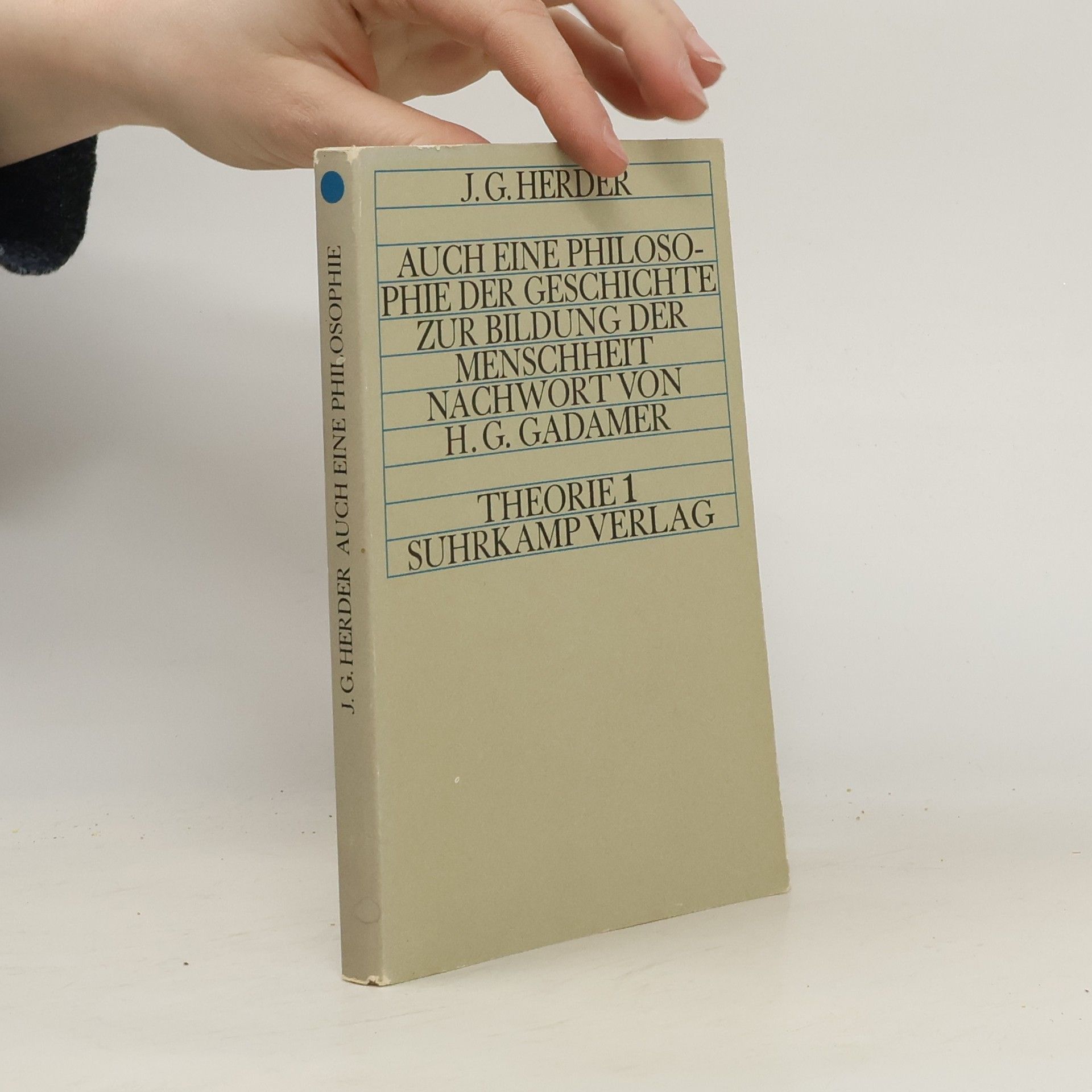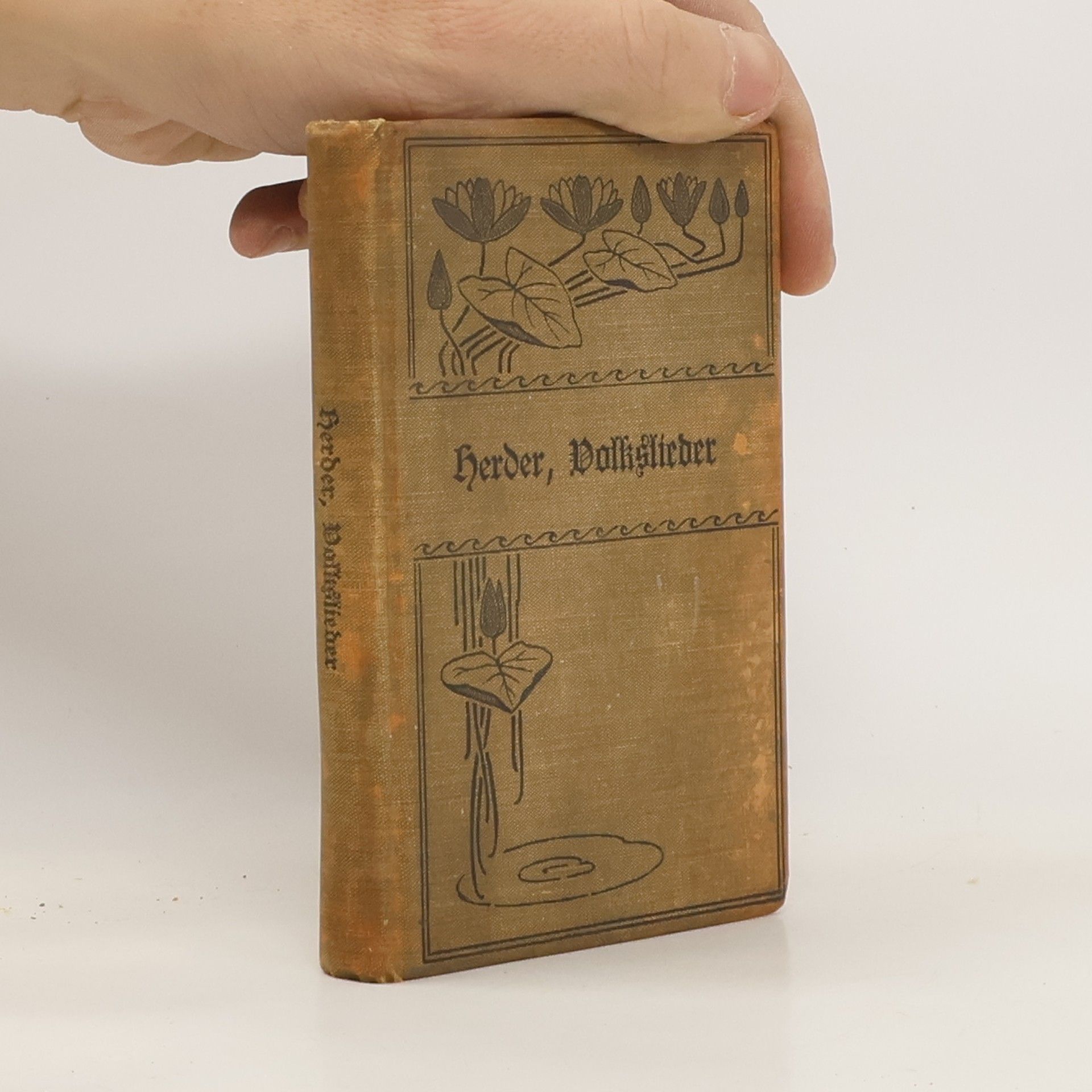Metakritika ke Kritice čistého rozumu
- 364 pages
- 13 hours of reading
Metakritika ke Kritice čistého rozumu je jedním z posledních, největších, a zároveň nejméně známých Herderových filosofických spisů. Představuje nejen nejostřejší dobovou reakci na hlavní dílo Immanuela Kanta, který byl nejprve Herderovým učitelem, nýbrž i jednu z nejzralejších sebereflexí Herderovy vlastní filosofie a filosofie německého osvícenství vůbec. V polemice s Kantem hájí některá základní paradigmata leibnizovského racionalismu a jejich konformitu se zjeveným náboženstvím. V kritické a idealistické filosofii konce 18. století naopak vidí systematickou destrukci křesťanského metafyzického myšlení a proti jejímu apriorismu a formalismu koncipuje vlastní plnohodnotnou alternativu novověké filosofie, založenou na kvalitativním a vývojovém pojetí daností lidského myšlení i bytí.




![Journal meiner Reise im Jahr 1769 [siebzehnhundertneunundsechzig]](https://rezised-images.knhbt.cz/1920x1920/64071226.jpg)





